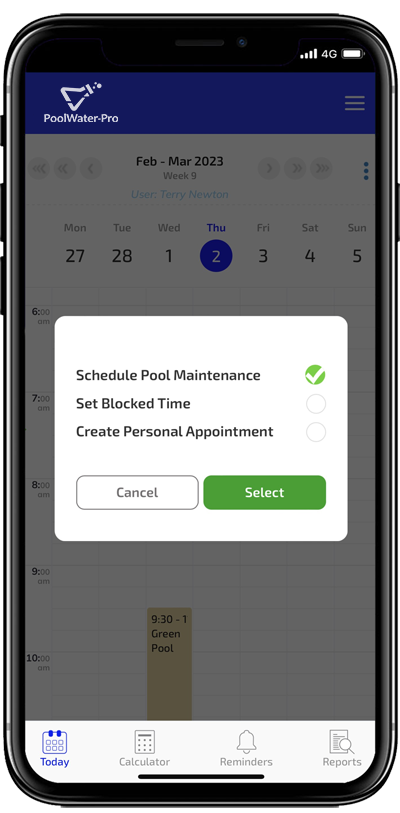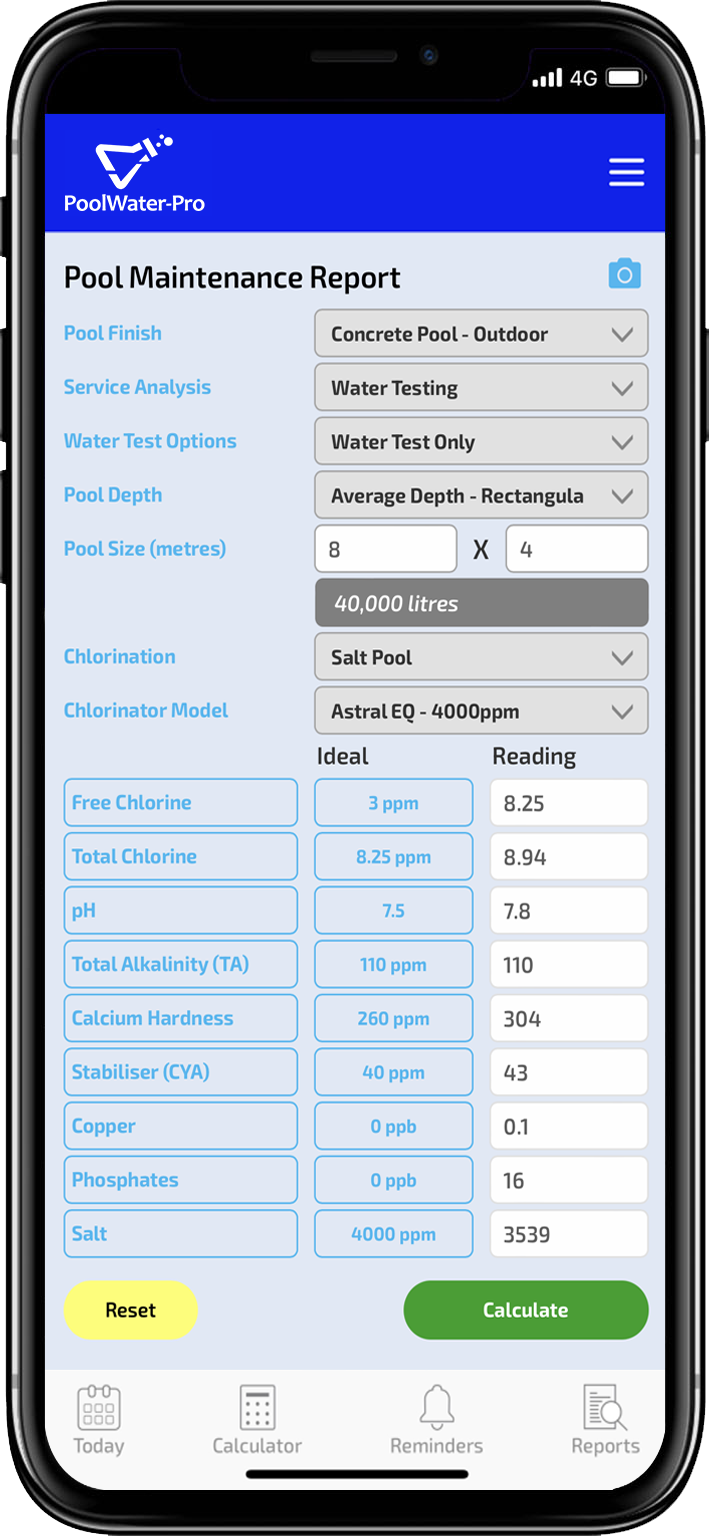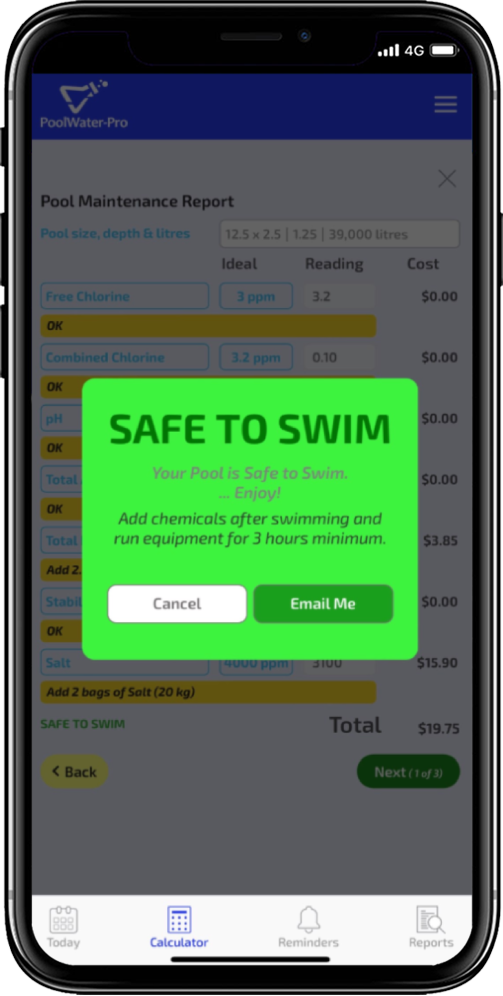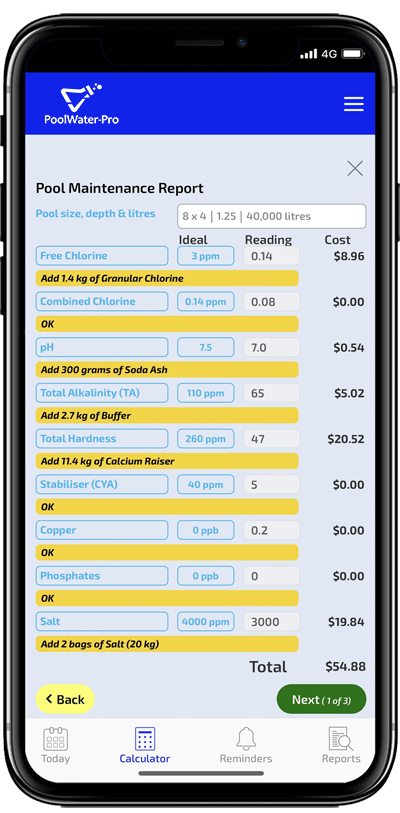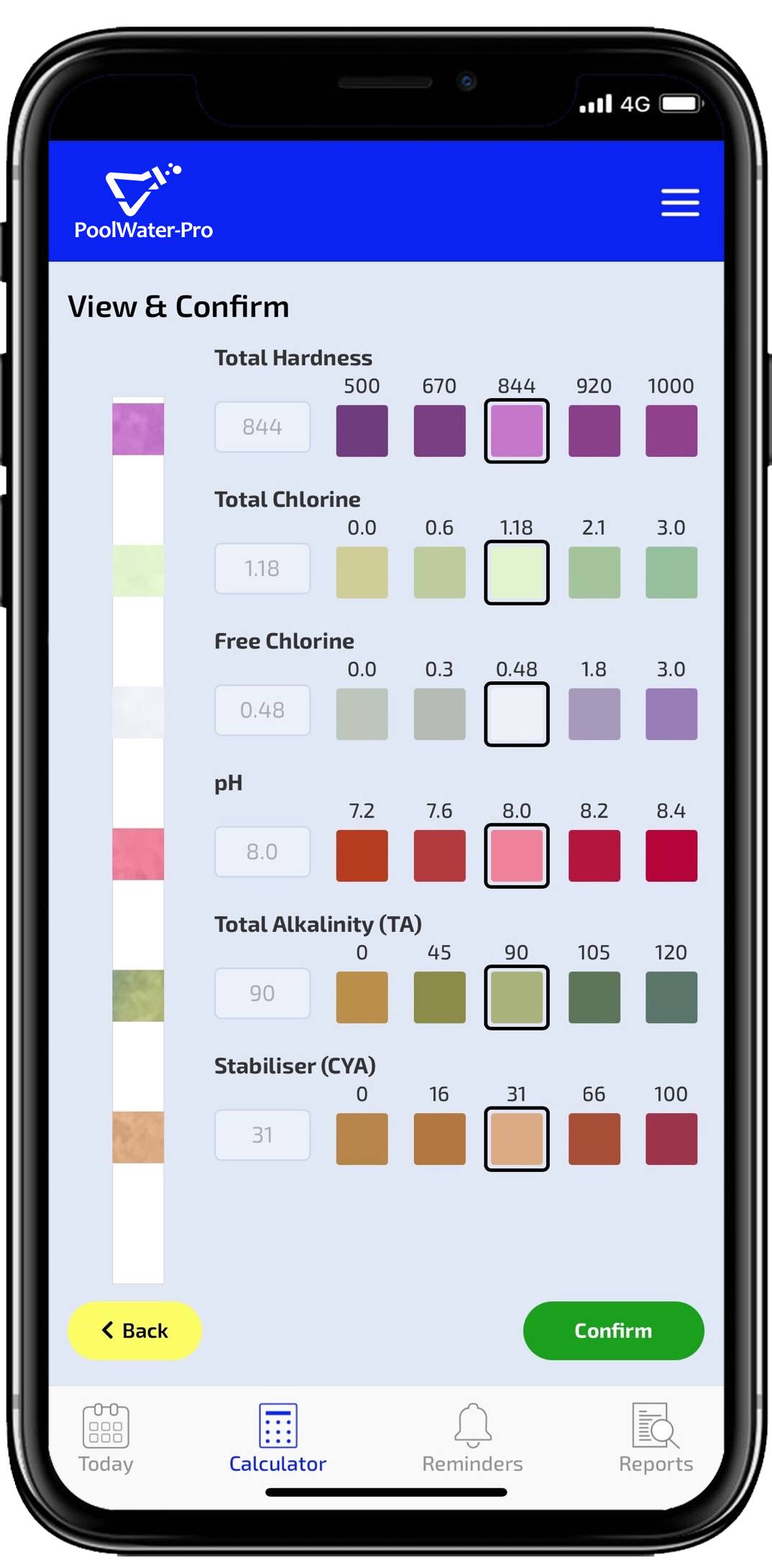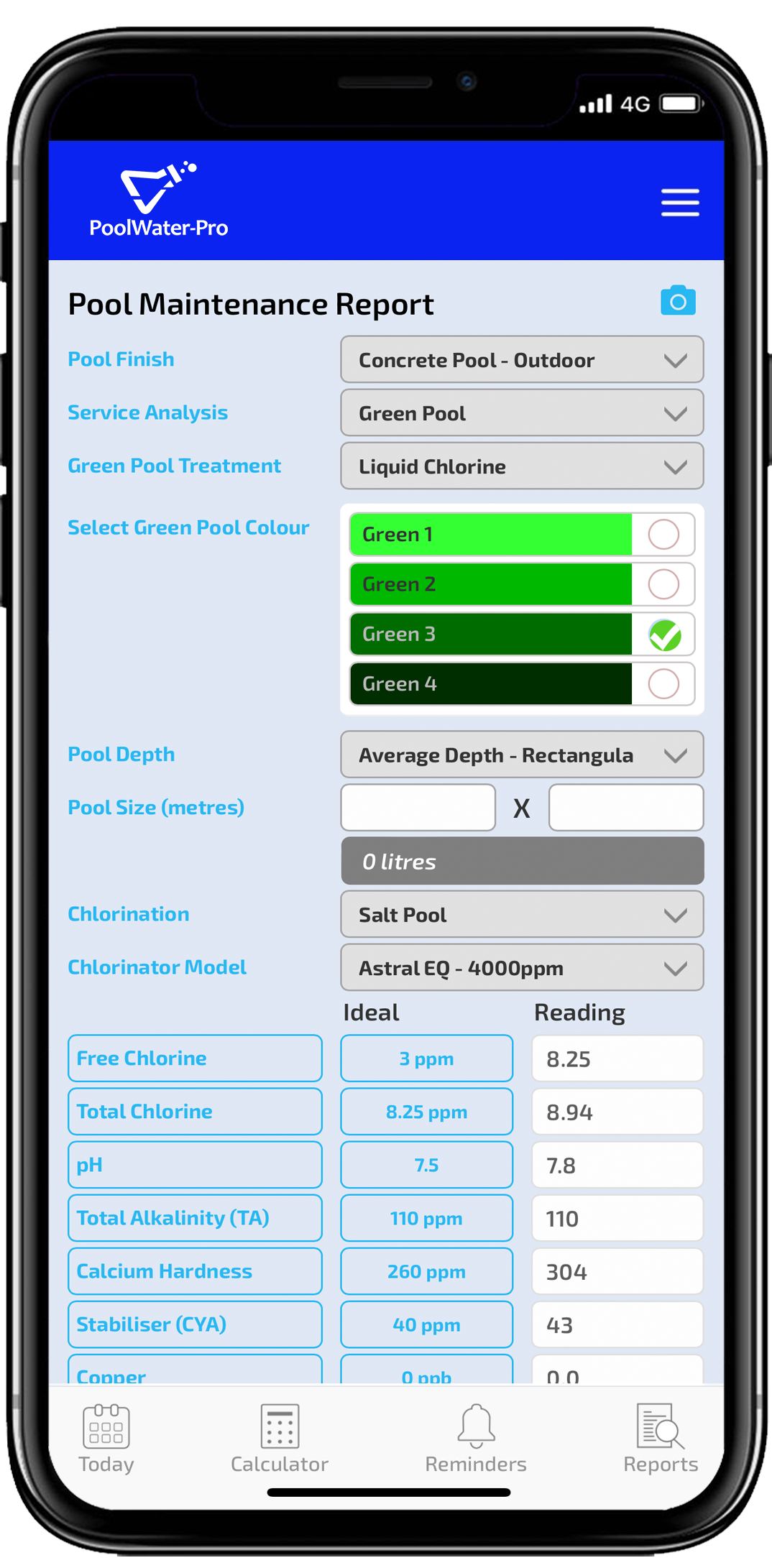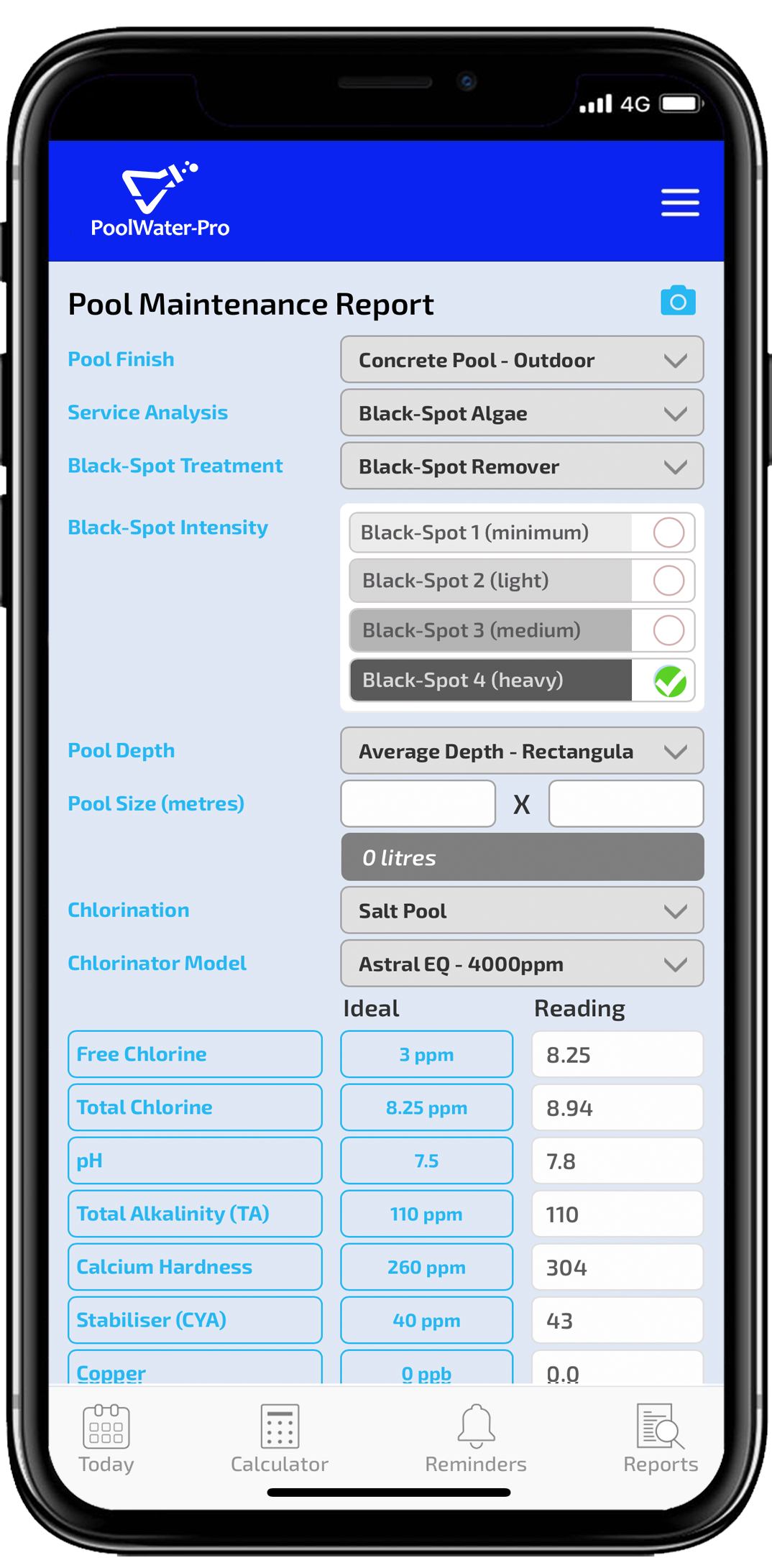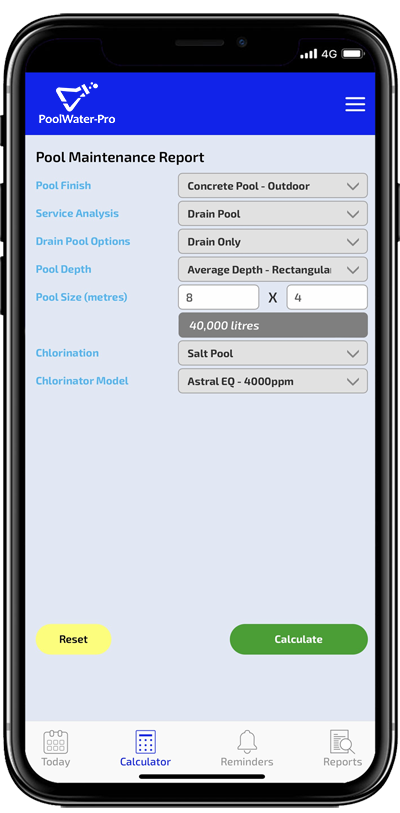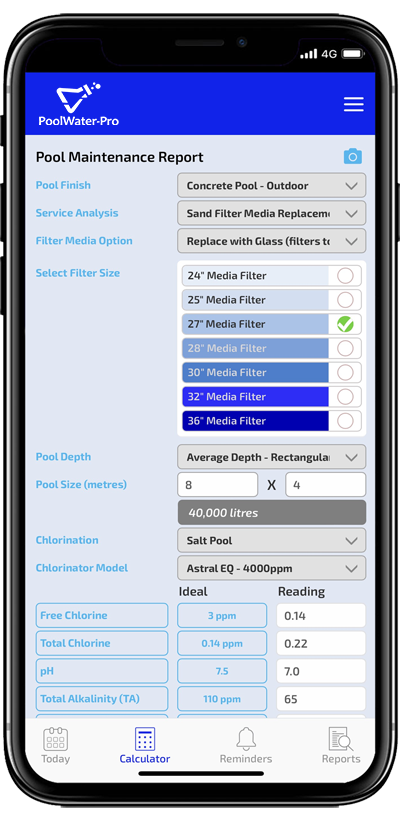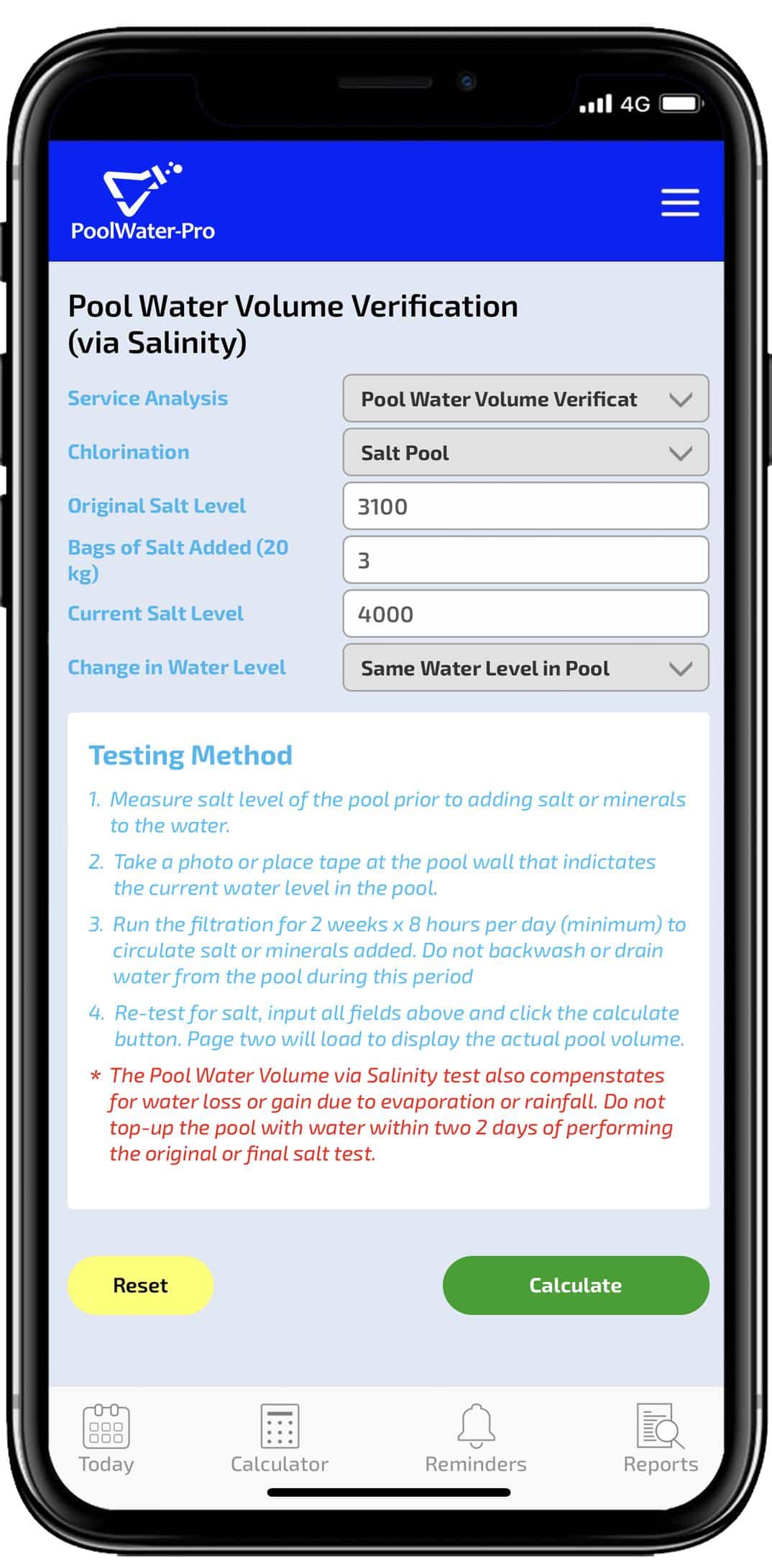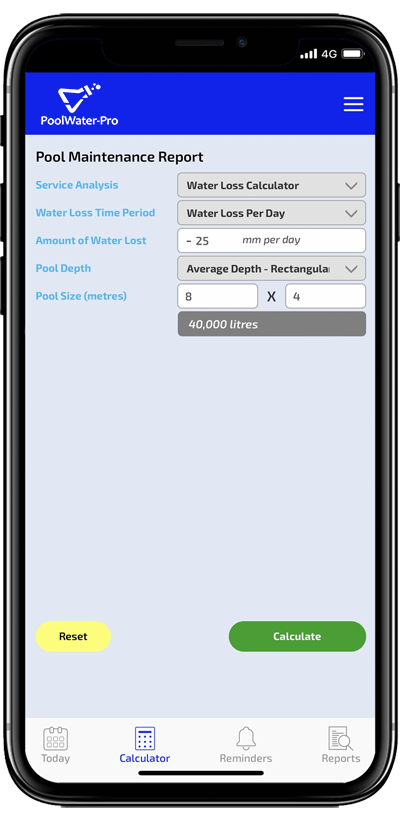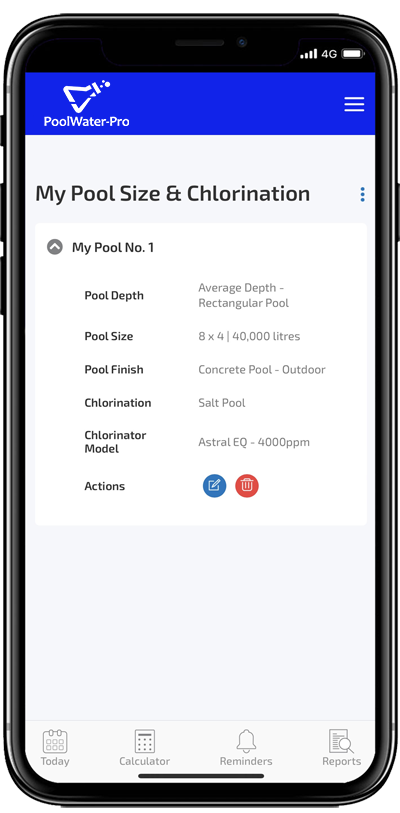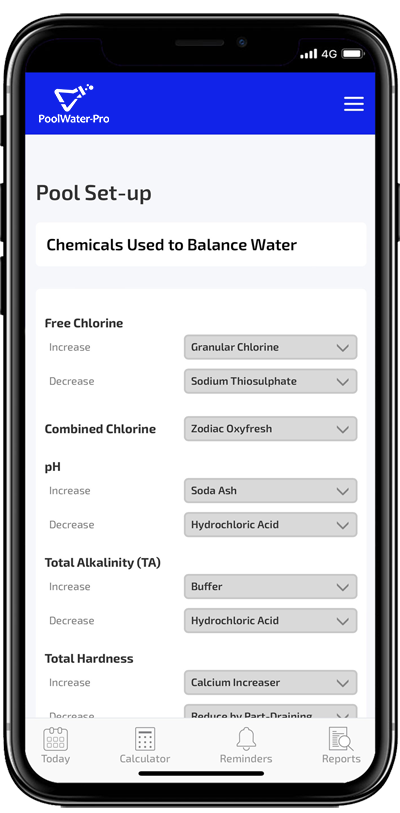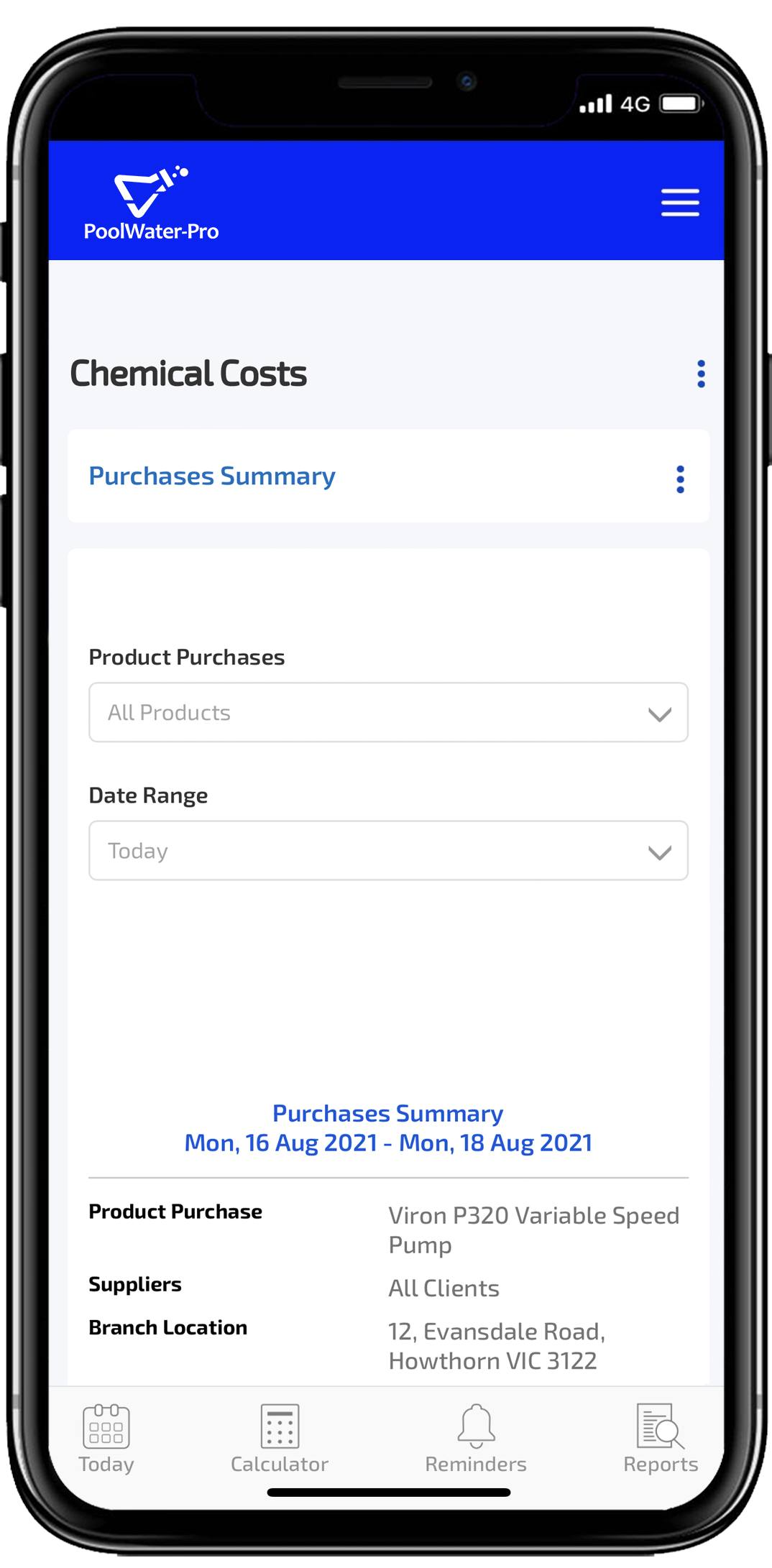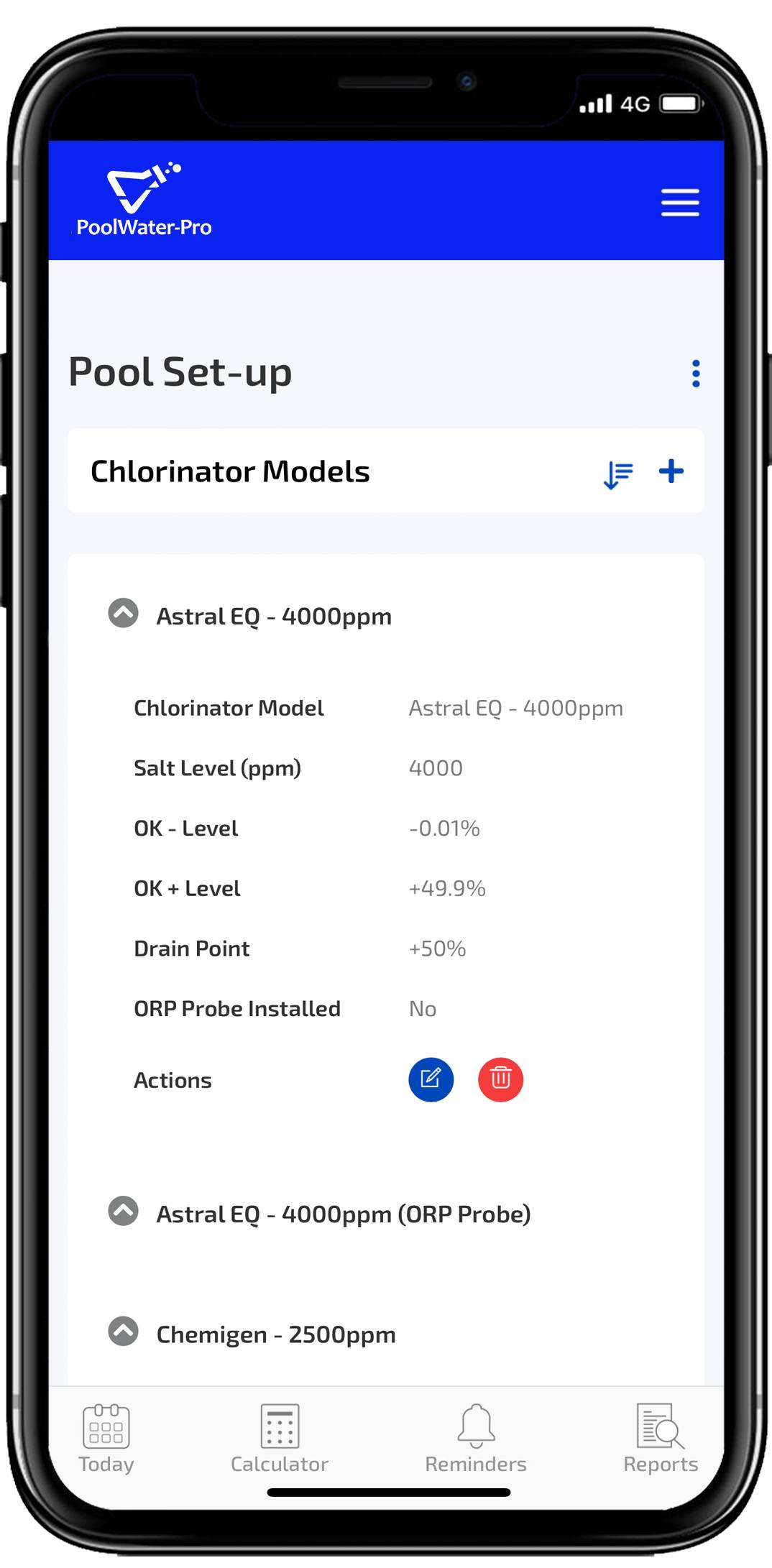What is the Best Way to Heat My Pool?
Having your pool at your ideal water temperature, makes for a more enjoyable swimming experience. Heating your pool has the benefits of not only having a comfortable pool during the summer months, but it can extend your swimming season.
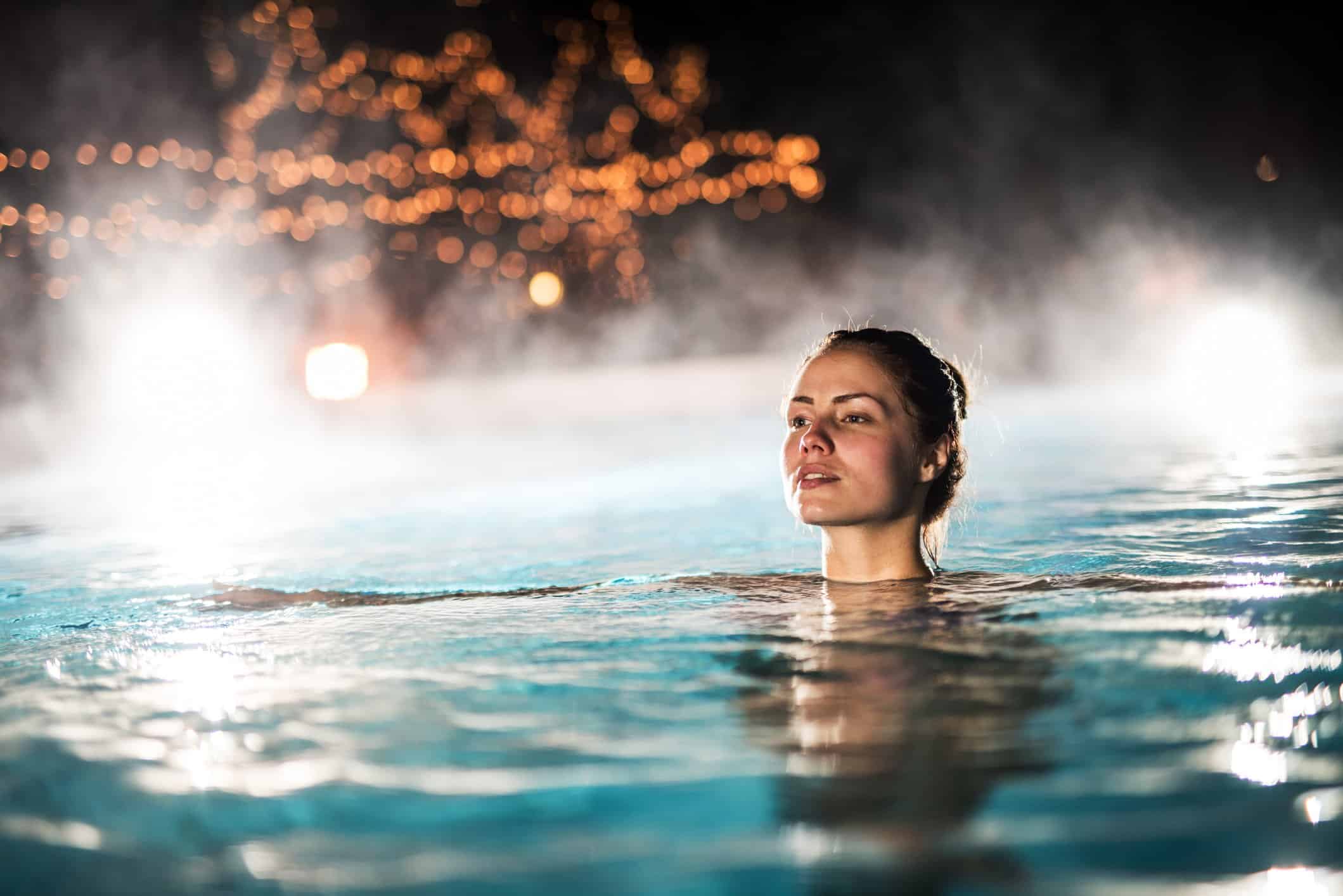
- Pool Heating Options
- Solar Heating
- Inverter Heat Pump
- Gas Heater
- Choosing the Best Heater
Pool Heating Options
The most common methods for heating swimming pools are solar heating systems, inverter heat pumps or gas heating.

Solar Heating
Solar matting or panels are installed on the roof or ground and use the sun’s energy to heat the pool water.
Solar heating is cost effective and environmentally friendly, using a pump to draw water from the pool, passing it through solar matting or panels and then returning heated water back to the pool.
Solar heaters have low operating costs, but are less effective with limited sunlight or during cloudy or cold periods.
Most solar systems have a controller that turns the pump on if the roof temperature is 5-7 °C warmer than the pool water and below the pre-set temperature. If the roof temperature drops below the 5-7°C difference, the controller will turn the pump off. The system will not run at night or during colder or cloudy periods.
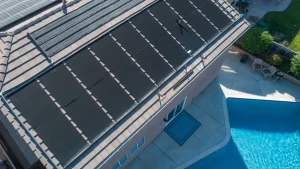
Inverter Heat Pump
An inverter heat pump is plumbed to the pool filtration pump or has a dedicated pump.
Inverter heat pumps use ambient air temperature, along with a heat exchanger and a liquid refrigerant to heat the pool water through a chemical reaction process.
An inverter heater that is correctly sized for your pool will heat the water 12-14°C higher than the average ambient air temperature.
Higher heating temperatures can be achieved by increasing heating capacity, either by using a larger kilowatt heater or connecting multiple smaller kW units together.
An inverter heater is faster than solar heating to heat your pool, because it doesn’t rely on the sun and it can often heat your pool at night.
Inverter heat pumps are more expensive to purchase than a gas heater and have slower heating times, but offer significantly lower running costs.
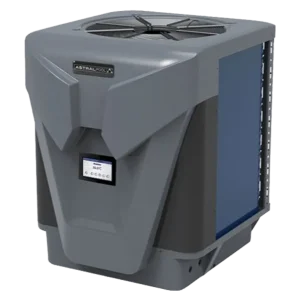
Gas Heater
Gas heaters use natural gas or liquid petroleum gas (lpg) to quickly and efficiently heat pool water.
A gas heater is usually plumbed to the pool filtration pump or has a dedicated pump.
Pool water is drawn from the pool, flows through a heat exchanger and heated water then returns back to the pool.
If a chlorinator is installed, it should be positioned after the heater, with a non-return or check-valve installed between the heater and chlorinator.
This set-up prevents concentrated chlorine from backflowing into the heater and potentially causing damage to the heat exchanger.
A gas heater is more expensive to purchase than solar heating or inverter heater options, but is the fastest method to heat a pool or spa.
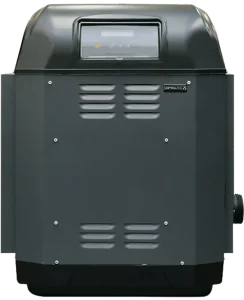
Choosing the Best Heater
Choosing the best system for heating your pool depends on the local climate, geographical location, purchase price, ongoing running costs, environmental impact and your personal preferences.
Climate and Location
Gas heaters are more suited to colder climates with shorter swimming seasons.
Solar or inverter solutions are better choices in regions that have moderate temperatures and ample sunlight.
Pool Size and Usage
Larger pools or pools that are used more often, may benefit from a gas or inverter heater that can raise temperatures quickly.
Consider using an inverter heater for your pool and a gas heater for the spa.
Energy Efficiency
Look at the energy efficiency of solar, inverter and gas heating options and their environmental impact.
Cost Considerations
Research the cost of electricity and gas in your area and compare the purchase price and running costs for the three heating options, based on the expected use of your pool.

The most common methods for heating swimming pools are solar heating systems, inverter heat pumps or gas heating.

Solar matting or panels are installed on the roof or ground and use the sun’s energy to heat the pool water.
Solar heating is cost effective and environmentally friendly, using a pump to draw water from the pool, passing it through solar matting or panels and then returning heated water back to the pool.
Solar heaters have low operating costs, but are less effective with limited sunlight or during cloudy or cold periods.
Most solar systems have a controller that turns the pump on if the roof temperature is 5-7 °C warmer than the pool water and below the pre-set temperature. If the roof temperature drops below the 5-7°C difference, the controller will turn the pump off. The system will not run at night or during colder or cloudy periods.

An inverter heat pump is plumbed to the pool filtration pump or has a dedicated pump.
Inverter heat pumps use ambient air temperature, along with a heat exchanger and a liquid refrigerant to heat the pool water through a chemical reaction process.
An inverter heater that is correctly sized for your pool will heat the water 12-14°C higher than the average ambient air temperature.
Higher heating temperatures can be achieved by increasing heating capacity, either by using a larger kilowatt heater or connecting multiple smaller kW units together.
An inverter heater is faster than solar heating to heat your pool, because it doesn’t rely on the sun and it can often heat your pool at night.
Inverter heat pumps are more expensive to purchase than a gas heater and have slower heating times, but offer significantly lower running costs.

Gas heaters use natural gas or liquid petroleum gas (lpg) to quickly and efficiently heat pool water.
A gas heater is usually plumbed to the pool filtration pump or has a dedicated pump.
Pool water is drawn from the pool, flows through a heat exchanger and heated water then returns back to the pool.
If a chlorinator is installed, it should be positioned after the heater, with a non-return or check-valve installed between the heater and chlorinator.
This set-up prevents concentrated chlorine from backflowing into the heater and potentially causing damage to the heat exchanger.
A gas heater is more expensive to purchase than solar heating or inverter heater options, but is the fastest method to heat a pool or spa.

Choosing the best system for heating your pool depends on the local climate, geographical location, purchase price, ongoing running costs, environmental impact and your personal preferences.
Climate and Location
Gas heaters are more suited to colder climates with shorter swimming seasons.
Solar or inverter solutions are better choices in regions that have moderate temperatures and ample sunlight.
Pool Size and Usage
Larger pools or pools that are used more often, may benefit from a gas or inverter heater that can raise temperatures quickly.
Consider using an inverter heater for your pool and a gas heater for the spa.
Energy Efficiency
Look at the energy efficiency of solar, inverter and gas heating options and their environmental impact.
Cost Considerations
Research the cost of electricity and gas in your area and compare the purchase price and running costs for the three heating options, based on the expected use of your pool.

Introducing Effective Solutions
Simplify your pool maintenance routine with POOLWATER-PRO. Our software turns test-strips into accurate digital readings, right from your phone. Get instant alerts to know if your pool is safe to swim, plus any chemicals needed.
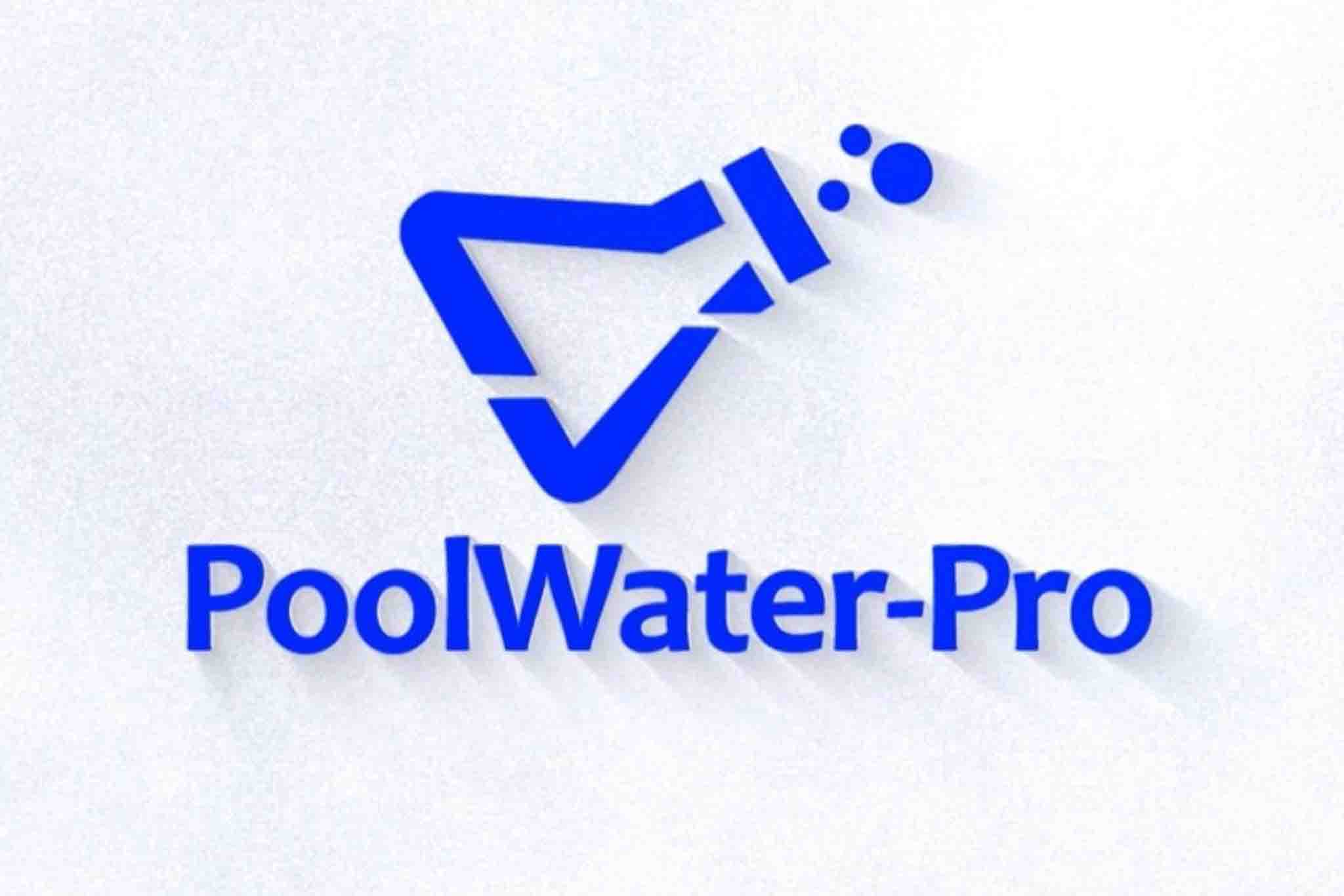
Introducing Effective Solutions
Simplify your pool maintenance routine with POOLWATER-PRO. Our software turns test-strips into accurate digital readings, right from your phone. Get instant alerts to know if your pool is safe to swim, plus any chemicals needed.
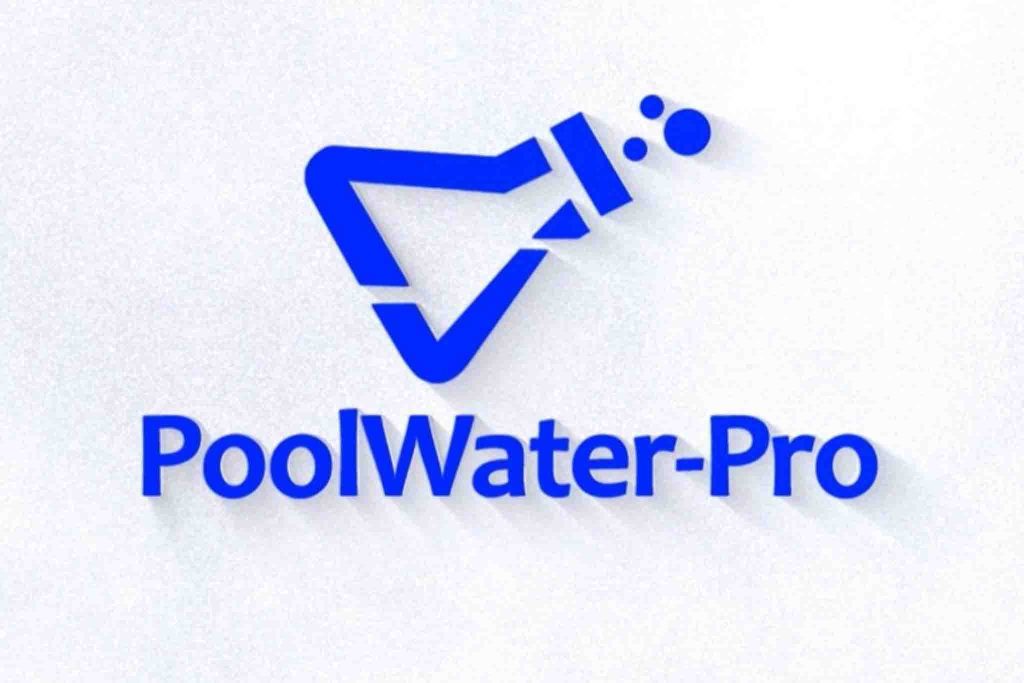
Your Path to Clarity
Watch this quick explainer video to see the platform’s features and how it can make pool care hassle-free.
Watch this quick explainer video to see the platform’s features and how it can make pool care hassle-free.




